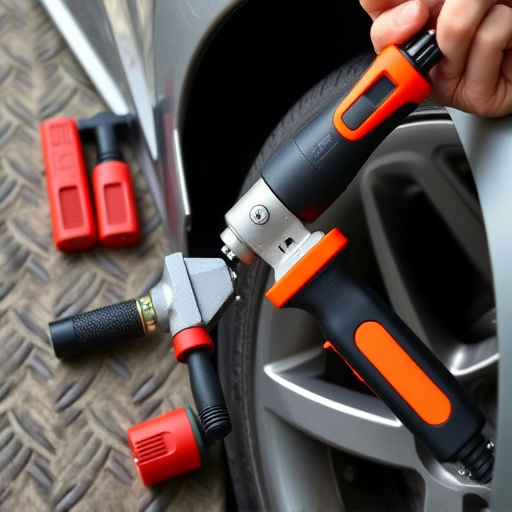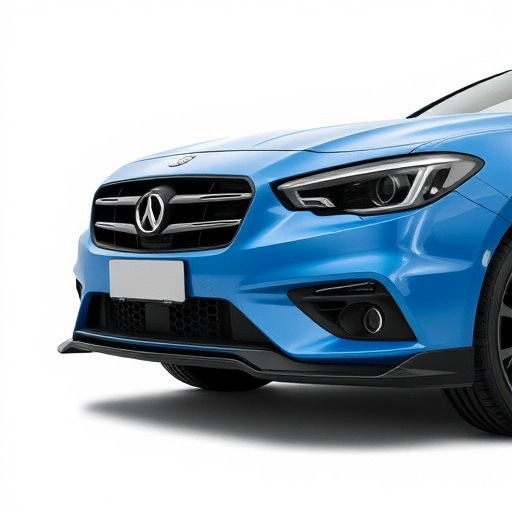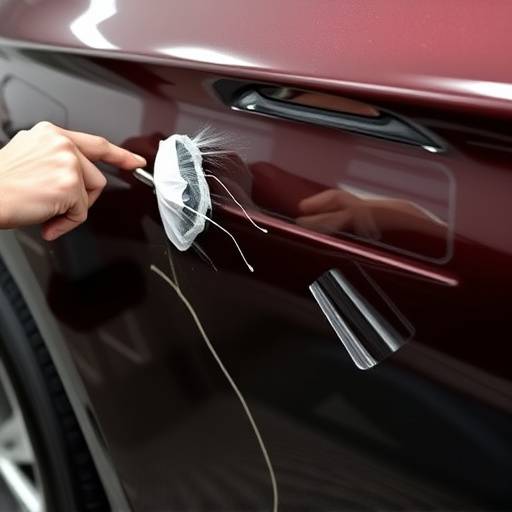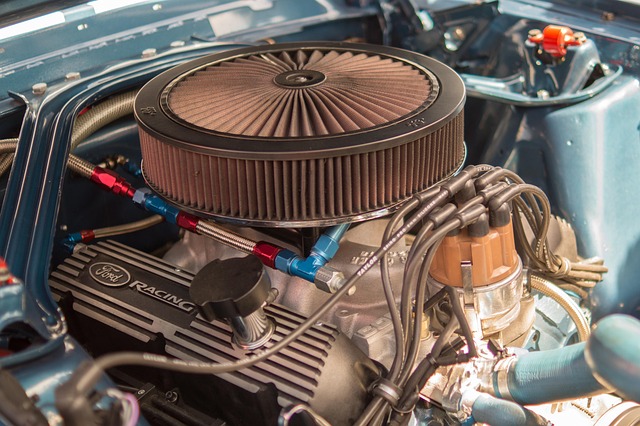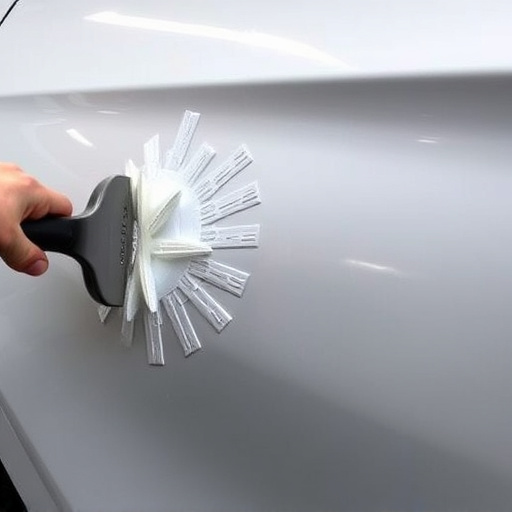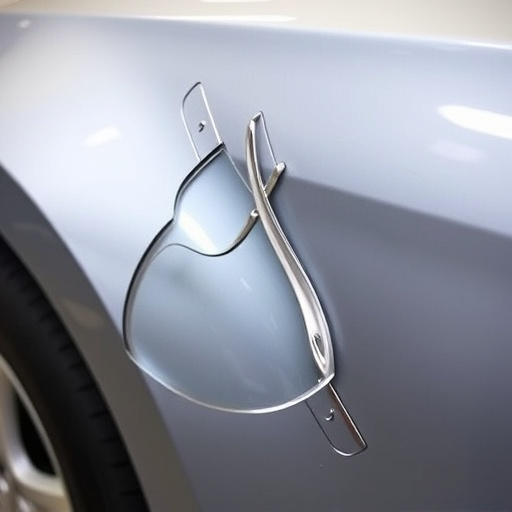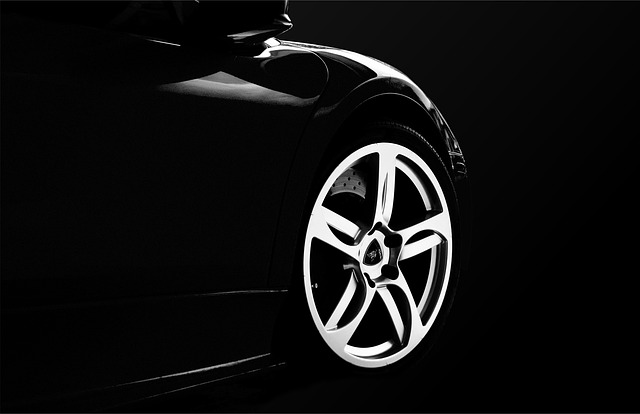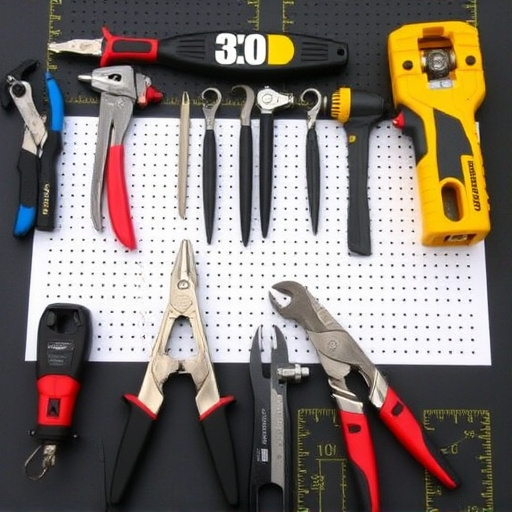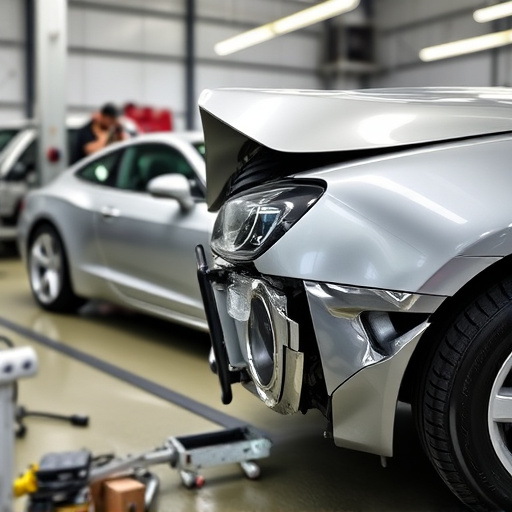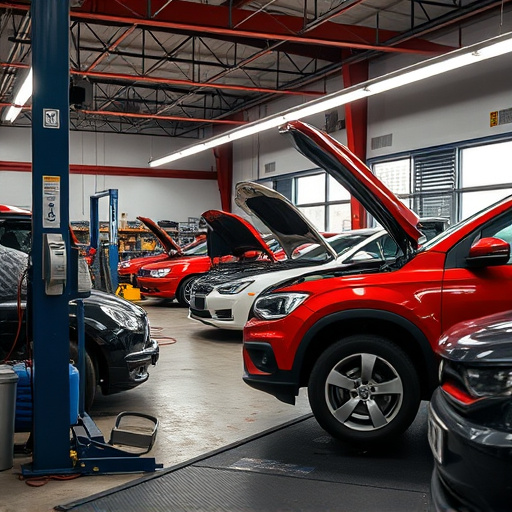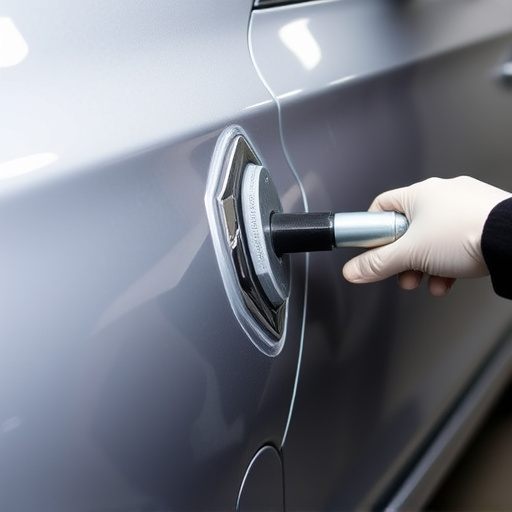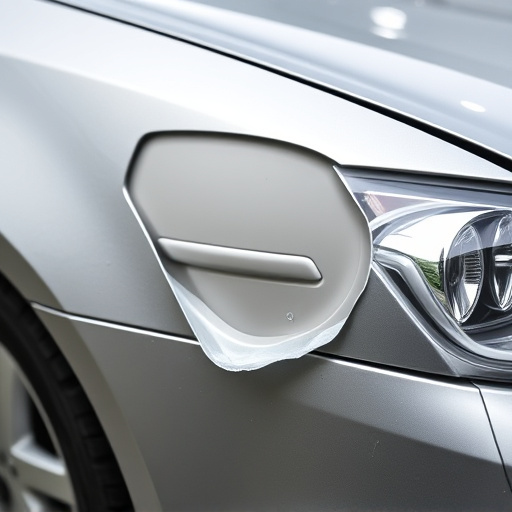Manufacturer warranties on vehicles usually cover a wide range of components and repairs, but using aftermarket collision parts can void them due to quality and safety discrepancies. While these parts may be cheaper, their use could lead to warranty exclusion unless specific conditions are met. It's crucial for both consumers and repair services to verify supplier credentials and product certifications to ensure safety and durability, especially with critical components like car paint services designed to match original specifications. Some manufacturers offer extended warranties covering aftermarket parts under certain conditions, but premium vehicles may require consultation with authorized dealers.
Are you wondering if using aftermarket collision parts could impact your vehicle’s warranty? In today’s market, many drivers opt for aftermarket options due to cost and availability. However, understanding the potential consequences on manufacturer warranties is crucial before making a purchase. This article explores the legalities surrounding aftermarket collision parts, delving into how they can void or maintain original manufacturer coverage. By understanding these nuances, consumers can make informed decisions while ensuring their vehicle’s longevity.
- Understanding Manufacturer Warranties on Vehicles
- Exploring the Legalities of Aftermarket Collision Parts
- Evaluating Coverage: When Do Aftermarket Parts Void Warranty?
Understanding Manufacturer Warranties on Vehicles
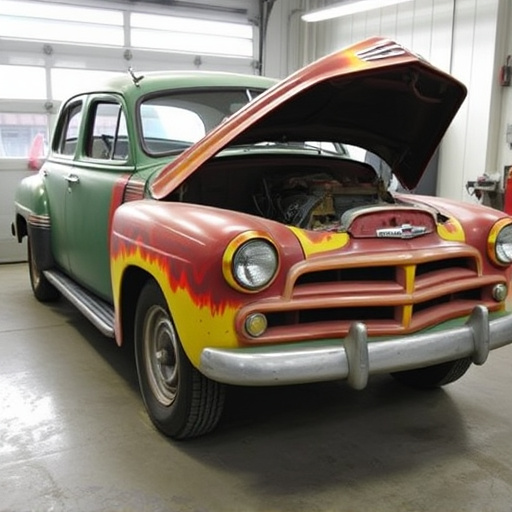
Manufacturer warranties on vehicles typically cover a wide range of components and repairs, including those related to accidents or collisions. However, when it comes to aftermarket collision parts, the situation can be a bit more complicated. Aftermarket parts are not produced by the original equipment manufacturer (OEM) and often come from third-party suppliers. While these parts may be designed to fit your vehicle, they might not adhere to the same strict quality and safety standards as OEM parts.
In many cases, using aftermarket collision parts for auto maintenance or dent repair can void the manufacturer’s warranty on your vehicle. This is because warranties usually exclude any modifications or repairs that are not performed by authorized dealers or service centers. Car paint services included in these warranties are specifically designed to match the vehicle’s original specifications and may not be covered if aftermarket parts are used, leading to potential cosmetic or structural issues down the line.
Exploring the Legalities of Aftermarket Collision Parts
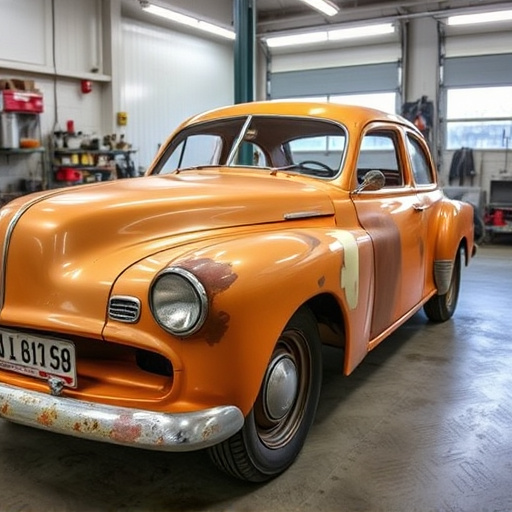
When it comes to aftermarket collision parts, understanding the legalities behind their use is paramount for consumers and collision repair services alike. The question of whether these parts void manufacturer warranties has been a point of contention for many. In general, using aftermarket collision parts does not automatically invalidate your warranty; however, terms and conditions vary significantly between manufacturers. It’s crucial to read and comprehend the fine print in any warranty agreement.
Moreover, while aftermarket collision parts can offer significant cost savings, they must meet certain quality standards to ensure safety and durability, especially for critical components like auto glass replacement or car dent repair. Many reputable suppliers adhere to stringent guidelines, but it’s essential to verify their credentials and product certifications to avoid subpar replacements that could compromise the integrity of your vehicle.
Evaluating Coverage: When Do Aftermarket Parts Void Warranty?
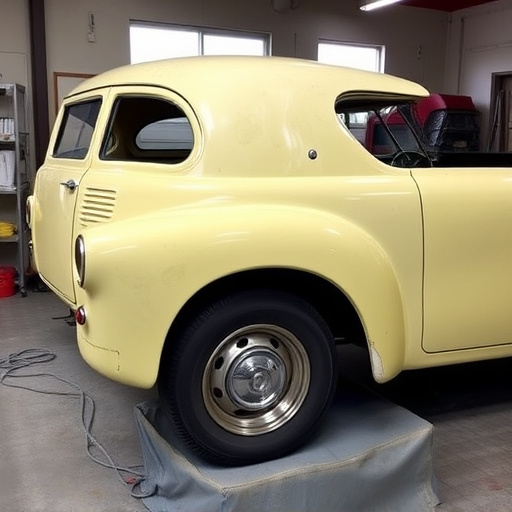
When evaluating coverage, it’s crucial to understand that using aftermarket collision parts can void manufacturer warranties on your vehicle. This is because automakers often specify original equipment manufacturer (OEM) parts for warranty claims. Aftermarket collision parts, while typically cheaper and more readily available, may not meet the same quality standards as OEM parts. As a result, installing them could lead to warranty disqualification.
However, there are exceptions. Some manufacturers offer extended warranties that include coverage for aftermarket collision parts under specific conditions. For instance, in cases of auto glass replacement or dent repair, certain policies might allow the use of certified aftermarket parts while still honoring the original warranty. For Mercedes-Benz repairs, among other high-end vehicles, it’s essential to check with the manufacturer or a trusted dealership to understand their policies regarding aftermarket parts usage and warranty coverage.
When it comes to replacing collision parts, using aftermarket options can be a cost-effective solution. However, it’s essential to understand that installing non-factory parts may impact your vehicle’s warranty coverage. In many cases, aftermarket collision parts can void the manufacturer’s warranty, as they are not part of the original equipment. Yet, with proper research and consideration, consumers can navigate this balance, ensuring their vehicles remain covered while benefiting from quality, affordable replacements. Always review your specific warranty terms and consult with a professional to make informed decisions regarding aftermarket collision parts.
